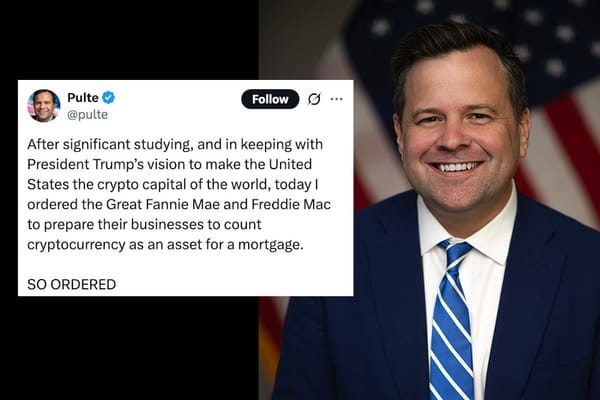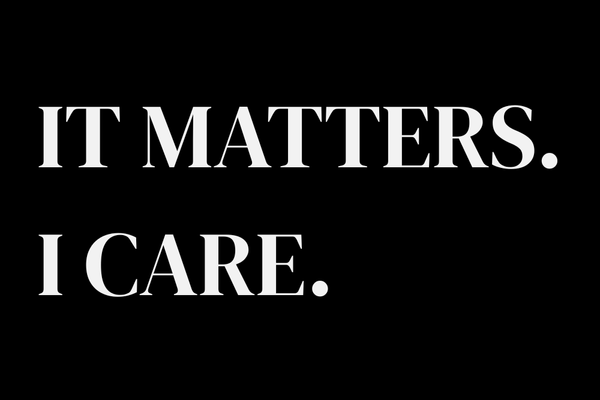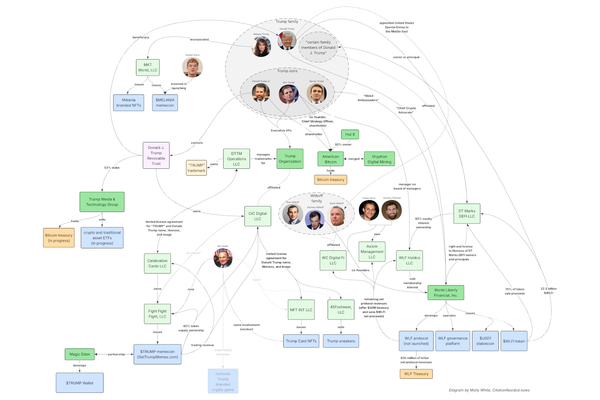Everything Sam Bankman-Fried is doing is in singular pursuit of not going to jail
And it is critical that we all keep that at the forefronts of our minds.

At first glance, it seems that Sam Bankman-Fried has been spending his time talking to anyone who will listen about the FTX meltdown.
He had an extensive conversation via Twitter direct message with Kelsey Piper of Vox. He made a 3am phone call to Tiffany Fong, a crypto-focused YouTuber with (at the time) 6,000 subscribers. He did a video-recorded interview with Andrew Ross Sorkin at the New York Times Dealbook summit, then sat down with George Stephanopoulos on Good Morning America. He spent eleven hours with Bloomberg's Zeke Faux. He showed up for a chaotic Twitter space hosted by Mario Nawfal along with a bizarre cast of characters including Kim Dotcom and Kyle Chassé (the latter who I know as the one singular buyer of a plot of land at Cryptoland). He showed up to some other Twitter space, which was crashed by crypto detective Coffeezilla (as was the previous one). He did a video interview with Alexander Osipovich of the Wall Street Journal. He's got yet another Twitter space scheduled (good god why can't these people use some format that's halfway usable).
He agreed to an interview with the House Committee on Financial Services… oh, wait… No, he didn't.

It's quite apparent, to anyone who thinks about it for more than about ten seconds, that Sam Bankman-Fried is very much trying to give the appearance that he'll talk to anyone and everyone, as a part of his attempts to be transparent and contrite. He talks a lot about how he's going to "do everything [he] can to make it more right" and do "everything [he] can for FTX's customers". He repeatedly emphasizes that he's speaking against his lawyers' advice (no kidding), because by god he just wants to help.
But in reality, he is laundering his reputation. Once known as the crypto wunderkind, the MIT-credentialed philosopher-savant who was described breathlessly by his Sequoia backers as "mathletic" and a "supergeek" and possibly even "the world's first trillionaire", now he's adopted a new persona: a pitiable, naive, smol bean who just got in over his head and lost track of a couple billion dollars.
Who among us.
His interviewers have been carefully selected. Some of them have been big names (Andrew Ross Sorkin! George Stephanopoulos!), but none of them have been particularly well-suited or willing to pick apart his careful dodges and gobbledygook obfuscations, or to push back on his implausible claims.
And when those peoplea have requested an interview with Bankman-Fried, he's turned it down.
When they've ambushed him on interviews with more sympathetic and less capable interviewers, he's left. Twice.
Now, some have said that he should stop doing interviews.
The part of me that doesn't want to keep up with endless Twitter spaces agrees with this.
But realistically, I do think it's a good thing in the grand scheme of things that he seems unusually interested in speaking off-the-cuff about the circumstances of his fraud in recorded venues.
The important thing is that the public—and, critically, the members of the public who are also legislators or regulators or journalists or law enforcement—remembers to keep its collective head on straight while listening to him speak.
As Coffeezilla put it recently, "SBF has only one intention, which is to save himself from jail. Nearly everything out of this guy's mouth is a lie, except where it lines up with him not going to jail and then he might tell the truth. But every single thing he says is with the aim of not going to jail, and everyone needs to remember that."
Footnotes
To be clear, I don't think Maxine Waters or anyone else on the House FSC is particularly well-suited either, but I do think they are highly motivated to find people who are to assist in a hearing. ↩




